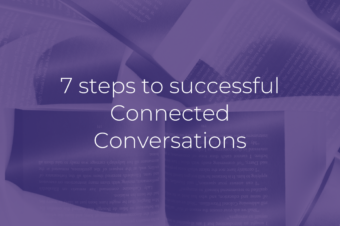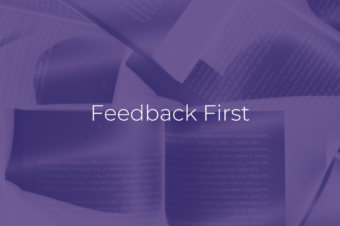10Eighty Exceeding Expectations
10Eighty is a team that helps people increase their job satisfaction and manage their careers but what do people really think about us and what does the future hold for 10Eighty?

Call us today on 020 7952 8699

10Eighty is a team that helps people increase their job satisfaction and manage their careers but what do people really think about us and what does the future hold for 10Eighty?

What is a Connected Conversation? Its an open channel between employer and employee. Learn how to have Connected Conversations with these 7!

Today we celebrate International Women’s Day and we wanted to take a moment to recognise one of our outstanding colleagues, Hannah Nash.

Regular, timely feedback conversations with employees to review performance covering role, goals, development are key to talent management.